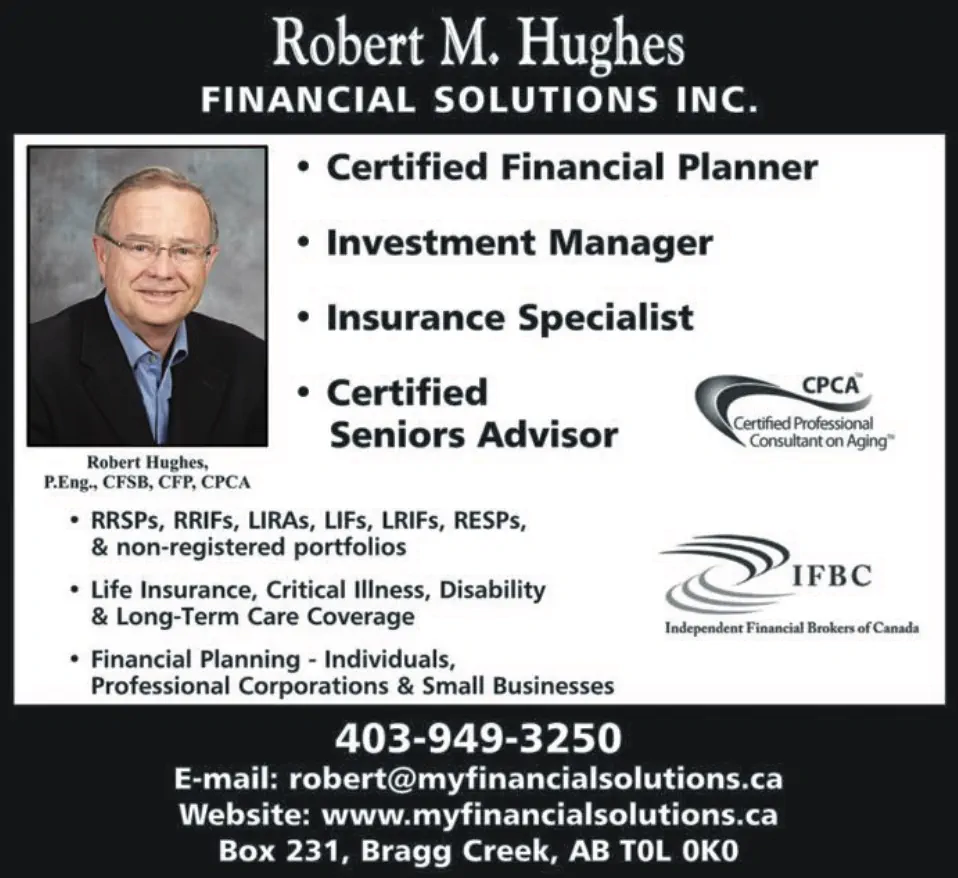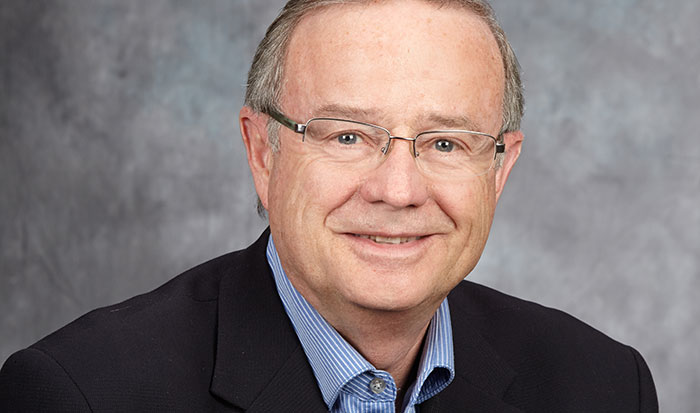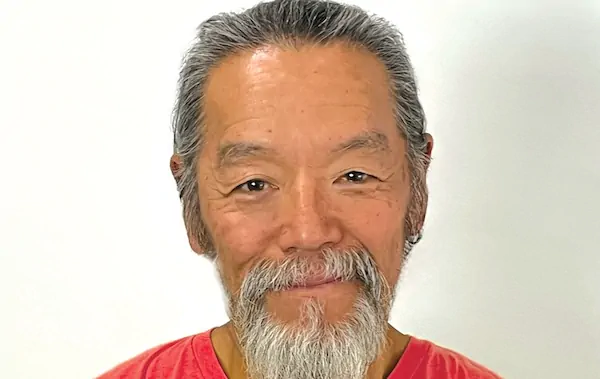Why You Need A Solid Financial Strategy
In recent years, the F.I.R.E. movement— short for Financial Independence, Retire Early—has gained traction among Canadians looking to leave the workforce decades ahead of the traditional retirement age. While the dream of stepping away from work in your 40s or 50s is exciting, it also raises a big question: how do you make your money last when you could be retired for 30, 40, or even 50 years?
Over the past century, Canadians have seen their lifespans stretch. Many now live well into their 80s, yet the age at which they stop working hasn’t shifted much. That extended retirement phase can put a serious strain on your finances.
According to a recent Reddit survey, Canada’s average expected retirement age is around 64, with nearly half planning to retire before 65—but many also lack confidence in being ready when the time comes. In fact, the average actual retirement age climbed from 64.3 to 65.3 between 2020 and 2024.
Imagine retiring at 55 or even 64 and living into your 80s or 90s. You could be looking at 20 to 40 years of retirement to fund. That’s great for personal fulfillment, but less so for your wallet.
Planning Pays Off
Here’s the hard math: the longer your retirement, the more money you need, either by saving more, investing wisely, or a bit of both. Chasing high-risk investments might seem tempting, but it often backfires. Conversely, saving too much now could mean sacrificing your quality of life today. Balance is key.
Have you chatted about this with your partner? Retirement planning is a team sport. A recent Investment Executive study found that just 23% of couples have fully discussed all aspects of retirement, while 55% only have a general idea, which means most “canoes” are paddling off in different directions.
A financial advisor can help you crunch the numbers to see how even small boosts in your savings—especially when started early—can compound into significant long-term gains. Plus, they can help you navigate retirement vehicles like RRSPs and TFSAs:
- RRSPs: Contributions are tax-deductible now, but withdrawals are taxed later.
- TFSAs: No tax deduction upfront, but money grows and comes out tax-free.
- CPP & OAS: You can start CPP as early as age 60 (at a reduced amount) or defer past 65 to boost benefits. OAS generally begins at age 65.
The Reality Check
Here’s the real concern (according to Pension Pulse) nearly 49% of Canadians worry they’ll outlive their retirement savings, and 66% expect to keep working even after retirement age just to make ends meet. Successful retirement planning isn’t an impossible task if you start with a good plan
A lot of people don’t understand their investment statements—or find them too confusing. The survey found that over a third of respondents admitted this. And nearly three-quarters said their workplace pension plans didn’t offer enough investment advice. Yet only 31% reached out to a financial advisor for help.
The good news? You don’t have to do it alone. A qualified financial advisor can help build a retirement plan that’s realistic, tailored to your goals, and surprisingly stress-free.
Because the best time to plan for retirement was yesterday.
The second-best time? Today.
Call me today to set up an appointment to review your goals and objectives and to ensure that your current investment approach will allow you to fulfill your goals.
Also, visit my business website (myfinancialsolutions.ca) for additional financial information on insurance, retirement/estate planning, investments and whole host of other financial topics.
Robert Hughes,
P. Eng., CFSB, CFP, CPCA
























